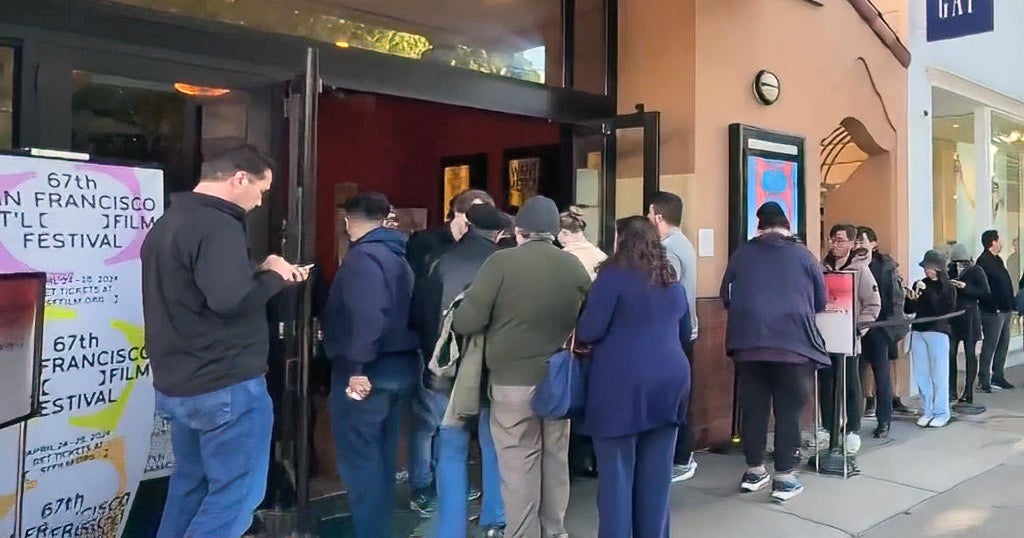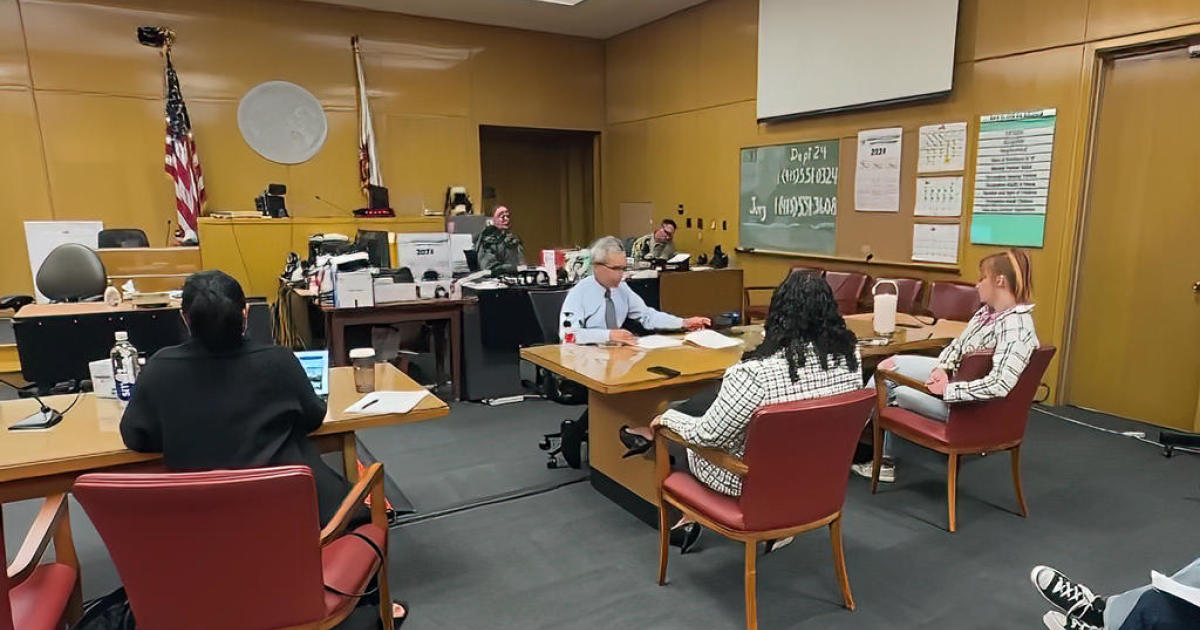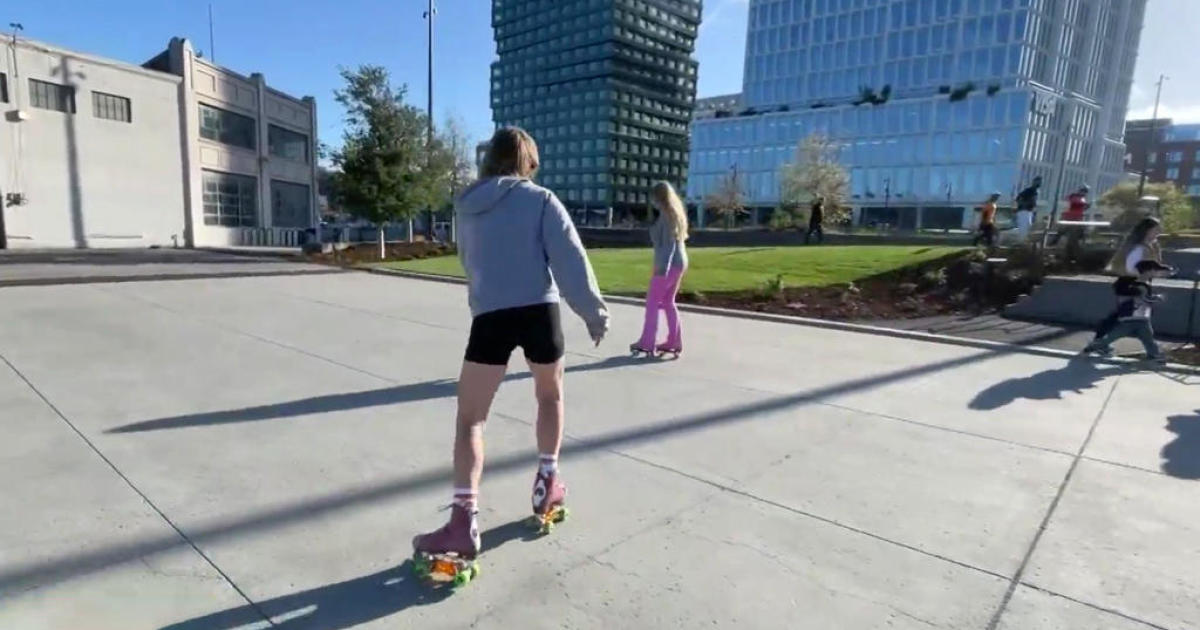Subpoena fight continues between SF and U.S. News and World Report
The San Francisco City Attorney's Office is defending its consumer protection investigation into U.S. News and World Report after the publication filed suit one day before it was supposed to hand over subpoenaed information.
City Attorney David Chiu opened an investigation into the publication's prominent hospital rankings, which it releases every year and are accessed by millions.
Citing the state's unfair competition law, Chiu wants to determine whether the rankings favor wealthy patients through a "flawed methodology" that "leads to adverse outcomes for poorer, sicker, and more diverse health care patients," his office said Thursday.
San Francisco is also questioning the role, if any, that money plays in the rankings.
"U.S. News accepts payments from the entities it endorses without disclosing those financial links," said Chiu.
Chiu also said that U.S. News receives revenue from hospitals through licensing fees for its "Best Hospitals" badges, advertising in the Best Hospitals guidebook, and payments for "Featured Hospital" placement.
The city first sent a letter to U.S. News last summer requesting that the publication support its basis for touting itself as the "global authority" on hospital rankings and to get "specific information about the basis for the hospital rankings methodology and apparent deficiencies in the rankings."
The city attorney's office also asked the publication to "prominently disclose" the hospitals from which it receives payments.
U.S. News responded to Chiu's letter, but, citing journalistic freedom, refused to discuss its methodology, and "refused to address payments it receives from hospitals the company ranks," Chiu alleges.
Chiu then stepped things up and subpoenaed the publication for the information, and now U.S. News is suing.
In a complaint filed on Jan. 23, U.S. News asked to enjoin San Francisco from enforcing the "burdensome" subpoenas, citing the First Amendment and California's own law protecting journalists from government intrusion.
"It is flatly unconstitutional for the City Attorney to harass U.S. News due to his differing views on these rankings; his mounting harassment must be put to a stop," reads the complaint.
U.S. News said the city attorney's actions "pose a fundamental threat" and "set a dangerous precedent for all media platforms and news organizations."
California's protections for journalists "shield" them from handing over newsgathering information, especially by subpoena, and individuals or entities that work in news cannot be held in contempt for refusing to respond to subpoenas.
It is on this principle that U.S. News is arguing against responding to the city's subpoena, but it also argues that the city attorney is making assumptions that advertising and revenue plays a role in its hospital rankings, which it vociferously denies.
Put simply, U.S. News asserts that there is a very distinct "wall" between its editorial and advertising departments, as is the case with all respected news organizations. The publication denies any influence of money or other factors in how it determines its rankings. It said its editorial team is not involved in the sales of any products or services, nor do revenue concerns creep into their rankings "in any way."
"Higher rankings cannot be bought at any sum," reads the complaint.
The publication admits to offering "badges" and getting revenue from hospitals that may be ranked, though they argue that this is the same at any television network or newspaper that may accept advertising from businesses that are also subjects of news stories.
U.S. News likens it to the "Best Of" issues that editorial departments put out every year. Though the "Best Of" rankings are compiled by the news side, a publication's advertising side may be approached by or approach businesses that have been given the designation of "Best Of," and U.S. News says it's "badges" and other promotions are no different.
Ultimately, U.S. News argues that no news company should be investigated for publishing analyses or opinions.
"If the City Attorney's actions are allowed to stand, any journalistic enterprise that provides an analysis or opinions to the public -- analysis or opinions that elected officials may wish to fault -- may for that reason be subject to subpoena and investigation."
But the San Francisco City Attorney's Office isn't the only entity to question the publication's methodology. U.S. Sen. Richard Blumenthal, D-Connecticut, last summer called on U.S. News to stop taking money from hospitals that they claim to rank impartially.
"If it's taking payments, are those rankings really objective and impartial?" Blumenthal asked.
Some entities have also withdrawn from participation in U.S. News' rankings, including the medical schools at Stanford, Columbia and Harvard universities, along with the University of Pennsylvania and Mount Sinai, all of which stopped furnishing data for the rankings, citing issues with the publication's methodologies.
On Wednesday, Chiu's office filed a brief requesting that the preliminary injunction be denied and the lawsuit be dismissed entirely. An amicus brief was also filed the same day in support of Chiu's motion to dismiss from 18 attorneys, elected officials and others, including the city attorneys for San Diego, Alameda, Chicago, Baltimore, and New York City.



